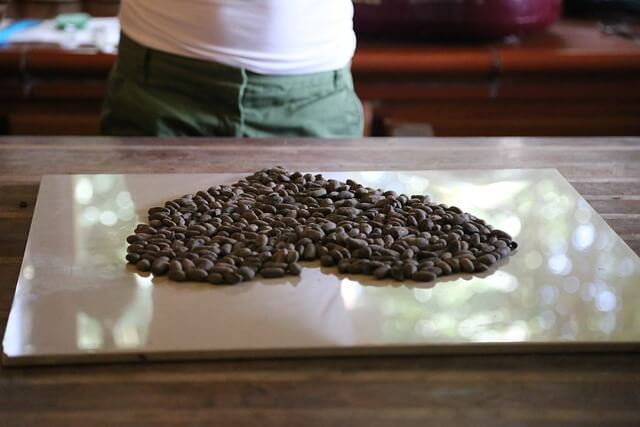A new study led by researchers from Columbia University and Brigham and Women’s Hospital/Harvard has revealed that a diet low in flavanols, nutrients found in certain fruits and vegetables, contributes to age-related memory loss. The research found that older adults with low flavanol intake had lower scores on memory tests associated with normal aging. However, the study also showed that replenishing flavanol levels in mildly deficient adults over the age of 60 improved their performance on these tests.
The study’s co-leader, Adam Brickman, PhD, professor of neuropsychology at Columbia University, expressed the potential significance of the findings: “The improvement among study participants with low-flavanol diets was substantial and raises the possibility of using flavanol-rich diets or supplements to improve cognitive function in older adults.”
The research supports the idea that specific nutrients are necessary for optimal brain health as we age, just as specific nutrients are vital for the development of the brain in infancy. Scott Small, MD, the senior author of the study, stated, “The identification of nutrients critical for the proper development of an infant’s nervous system was a crowning achievement of 20th-century nutrition science. In this century, as we are living longer, research is starting to reveal that different nutrients are needed to fortify our aging minds.”
The study builds on previous research linking age-related memory loss to changes in the dentate gyrus, a specific area of the hippocampus responsible for learning new memories. Flavanols were found to improve the function of this brain region, as demonstrated in both human and mouse studies.
In the study, participants were randomly assigned to receive a daily flavanol supplement or a placebo pill for three years. Cognitive tests were conducted to assess short-term memory governed by the hippocampus, and urine samples were taken to measure flavanol levels. The results showed that participants with lower baseline levels of flavanols, who also reported consuming a poorer diet, experienced an average memory score increase of 10.5% after one year of taking the flavanol supplement. The improvement was sustained over the following two years.
The study’s findings suggest that flavanol deficiency plays a role in age-related memory loss. Flavanol consumption correlated with memory scores, and flavanol supplements improved memory in flavanol-deficient adults. However, the supplements had no effect on individuals without a flavanol deficiency.
Further research is needed to confirm the effect of flavanols on the brain. Clinical trials to restore flavanol levels in adults with severe deficiencies are proposed as the next step. Scott Small emphasizes the potential impact of dietary flavanols on memory decline, stating that replenishing flavanol levels in individuals in their 40s and 50s could lead to a more significant improvement in memory.
The study, titled “Dietary flavanols restore hippocampal-dependent memory in older adults with lower diet quality and habitual flavanol consumption,” was published in the Proceedings of the National Academy of Sciences. The research received support from Mars Edge and the National Institutes of Health.


